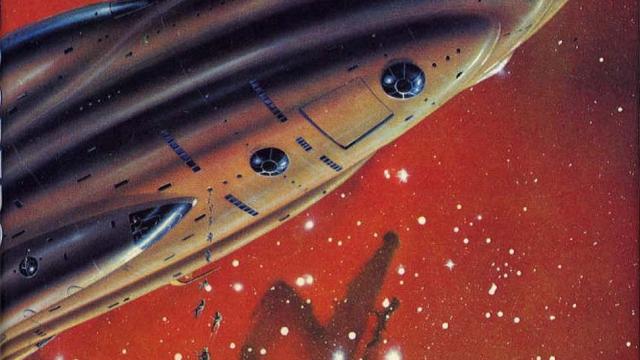Science fiction and fantasy novels become famous for all sorts of reasons. Maybe they catch the zeitgeist, or maybe they have one idea that everybody falls in love with. But sometimes, we all fixate on something that’s not the actual point of the book. Here are 10 great novels that aren’t about what everybody thinks.
For this article, I decided to enlist the aid of people from some of my favourite science fiction and fantasy bookstores, as well as librarians who work with science fiction and fantasy. Here’s what they had to say.
1. Starship Troopers by Robert A. Heinlein
Like a few of the other books on this list, this is a book that got made into a movie, which automatically leaves a lot of people with a potentially misleading impression of what it’s about. Starship Troopers is usually described as being about fascism, either as a pro-fascist novel or as a sly satire on fascism.
But Alan Beatts with Borderlands Books in San Francisco says the book is really about “the social responsibility for and of violence, both within and without the military.”
He notes that “much of the discussion in the novel of the use and application of violence takes place in the context of Johnny’s civilian high-school class in ‘History and Moral Philosophy,’ which is outside of a military setting. The use of capital or corporal punishment is also address outside of the military, in that class and in some general references to Johnny’s civilian life.” And much of the discussion in that class involves the responsible use of power by nation-states.
Adds Beatts:
The central question of the novel is not whether the nation/state should be democratic or not (it is clearly stated that the government of earth is democratic, albeit with a limited franchise) but what circumstances warrant the state’s use of force, especially lethal force. Additionally, the novel considers what qualities are required from an individual who will exercise that force, first as a simple soldier (as Johnny is at the beginning of the novel), then as an officer (as he is at the end of the novel), and, on a larger scale, as a leader (demonstrated by the requirement that a citizen have complete their government service before voting or holding office)…
Personally I think the point he was trying to make was that a war is something to be approached with great care and that the decision to engage in one should be up to the people who are willing to fight in it (or had been willing to fight in the past), not the people who will be the bystanders.

2) The Left Hand of Darkness by Ursula K. Le Guin
People often describe this as a novel primarily about gender, because of its depiction of a planet whose inhabitants have no gender designation, except when they go into heat, or “Kemmer.” But when you actually read the book, it’s much more about cultural misunderstandings, and the ways that an outsider can blunder into complicated relationships and situations without knowing the real nuances. And the impossibility of finding a simple translation for another culture’s concepts, such as the idea of “shifgrethor.”
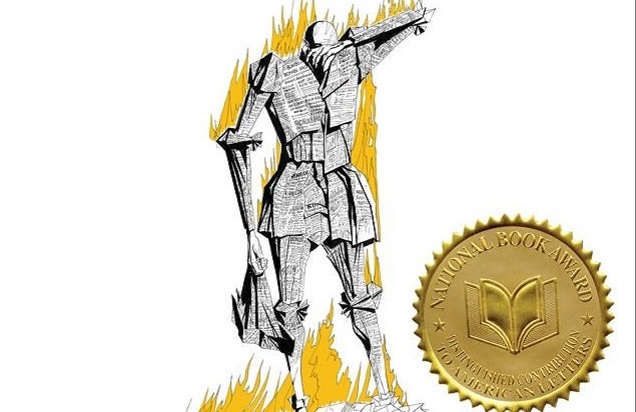
3) Fahrenheit 451 by Ray Bradbury
Carli Spina, Emerging Technologies and Research Librarian at Harvard Library, says this is probably the most obvious example of a book that’s often mischaracterized as being about government censorship:
Everyone describes it as a book about efforts by the government to censor information, but, particularly in later years, Ray Bradbury was emphatic that it was actually about how other types of media were going to supersede books and eventually lead to the decline of reading. In the book, the government is only able to begin its regime of censorship after this movement away from books and towards other media has taken hold in the majority of the population. Though Bradbury is decrying censorship, he is placing the blame for it at least as much at the feet of the citizenry who forfeited their knowledge in favour of new “distractions.”
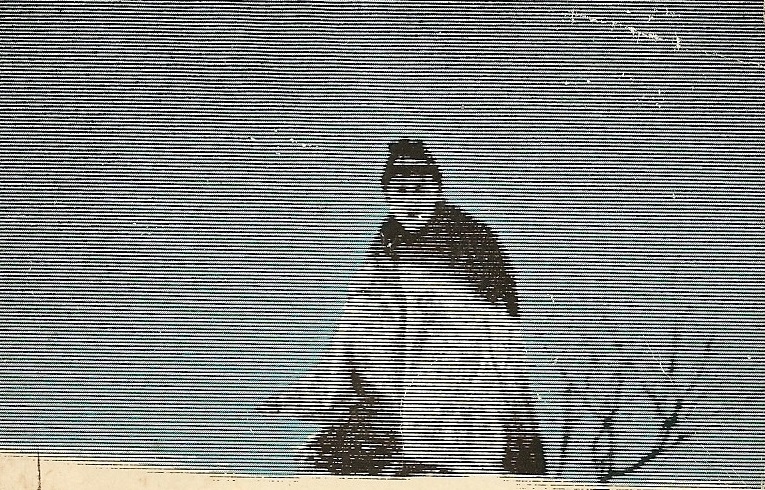
4) Slaughterhouse-Five by Kurt Vonnegut
Everybody describes this as a book about the horrors of World War II, and a largely autobiographical book about Vonnegut’s experiences in the bombing of Dresden. And those things are in there — but, says Spina, they’re not really what the book is “about.” Rather, the book just uses those things as a jumping-off point for a much larger discussion of fate, free will and “the cyclical nature of history.” Vonnegut uses real events to make “much broader statements about the often futile nature of life,” says Spina. She adds, “The non-linear plot structure helps to suggest that the decisions people make ultimately have little impact and the recurrence of the phrase ‘So it goes’ also points to this same sense of futility or even predestination.”
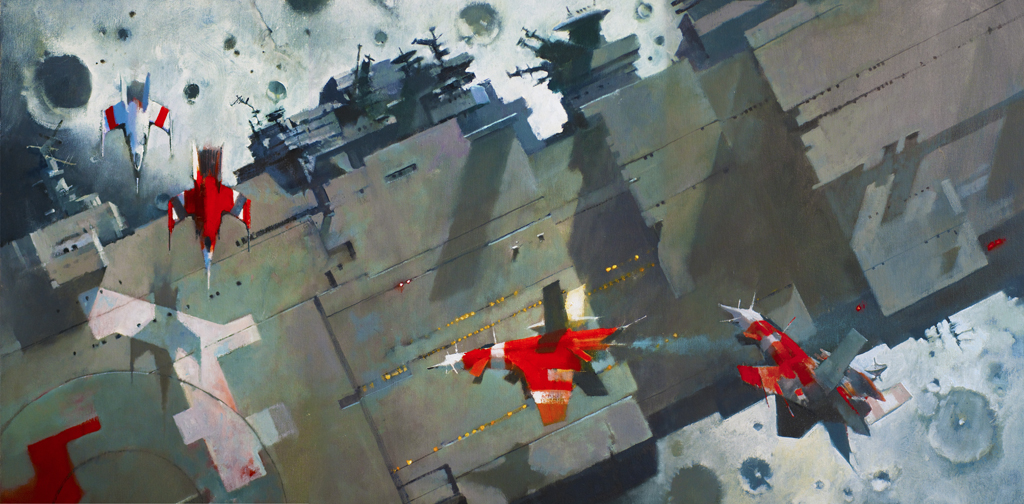
5) Ancillary Justice by Ann Leckie
This was a book that a lot of people I talked to for this article mentioned. In a nutshell, a lot of the discussion about this book focuses on its unusual use of gender (much like Left Hand of Darkness) and the fact that everybody is assigned the female pronoun, no matter what. But really, this book is about post-colonialism and the nature of personhood. Adds librarian Kristi Chadwick, “While commentary has been about the ‘ungendered’ Radch, and Breq’s search for revenge for her ship’s destruction, it boils down to Breq’s ultimate understanding of humanity, and emotions and intelligence and how actions can be changed with free will.”

6) Frankenstein by Mary Shelley
This is perhaps the most classic example — the image of Frankenstein in pop culture is of an ugly monster who can barely speak, whereas Frankenstein’s “wretch” is actually beautiful and eloquent. There are no villagers with torches coming to Frankenstein’s castle, no abnormal brain, and none of the other tropes you expect. “Frankenstein is probably the best example of ‘pop culture made you think you knew what this book was about, but that doesn’t mean you can pass the quiz without reading it,’” says Katelyn Browne, librarian with Capital City Public Charter School.
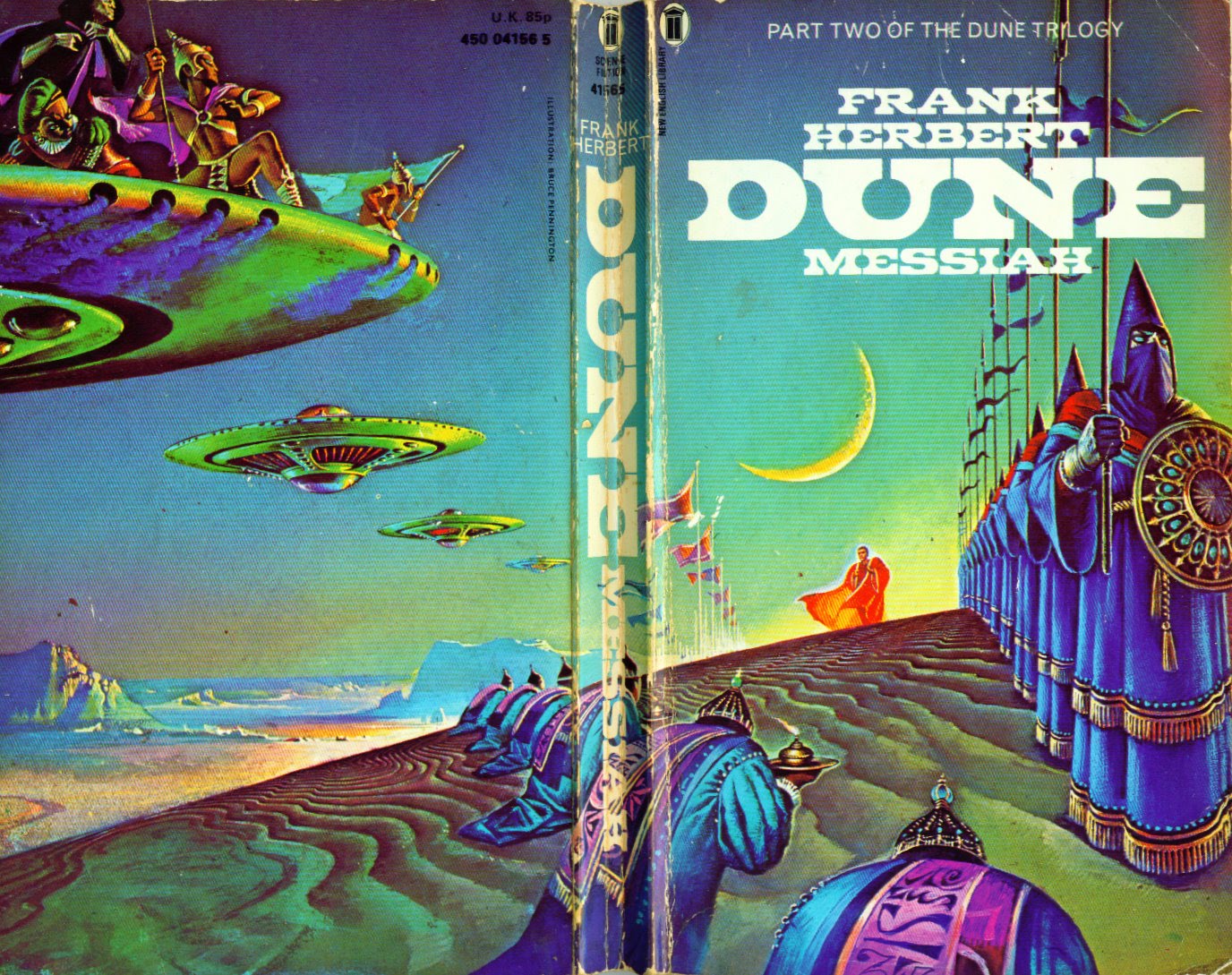
7) Dune and Dune Messiah by Frank Herbert
These books are often described in short-hand as being about the Middle East, or politics, or drugs, or other stuff, says Beatts with Borderlands Books. But in fact, they’re about the dangers of theocracy, and “the harm a messiah can cause, even with the best intentions.” Especially in the second book, we see the huge church that Paul has created around him turn to tyranny, as Paul struggles to find a way out of what he’s created.
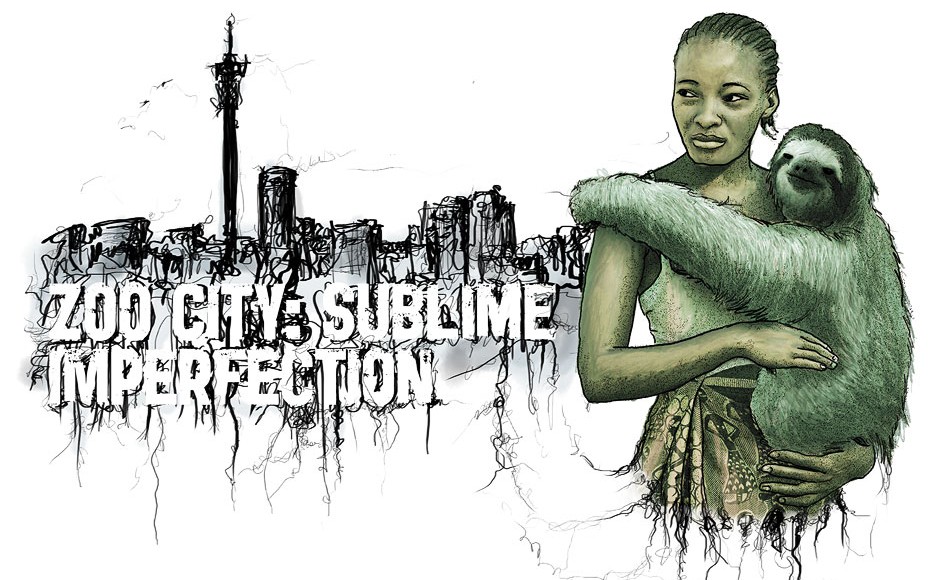
8) Zoo City by Lauren Beukes
Everybody describes this novel as a “grimdark urban fantasy” or alternate history set in Johannesburg, and a novel about crime, punishment and the oppression of the underclass, say booksellers Nene Ormes and Karin Waller with the Science Fiction Bokhandeln in Malmö, Sweden. But, it’s really about “guilt and redemption and letting yourself live on.” They add:
In Zoo City everyone that commits murder or causes the death of another carries their soul outside of their bodies in the shape of an animal and also a magical ability that can either be a gift or a curse. That makes their guilt obvious, if not the reason for it. Society only sees your dark deeds, not the why and the how, and judge you based on it.
The grief and guilt the protagonist feels over the death of her brother is just as heavy a burden as the sloth, and just as impossible to get away from. The story is about carrying your past with you on your back at all times and trying to make a life nonetheless, even daring to use the very unwanted gifts that that past has left you with to help others and as a way of survival and redemption.
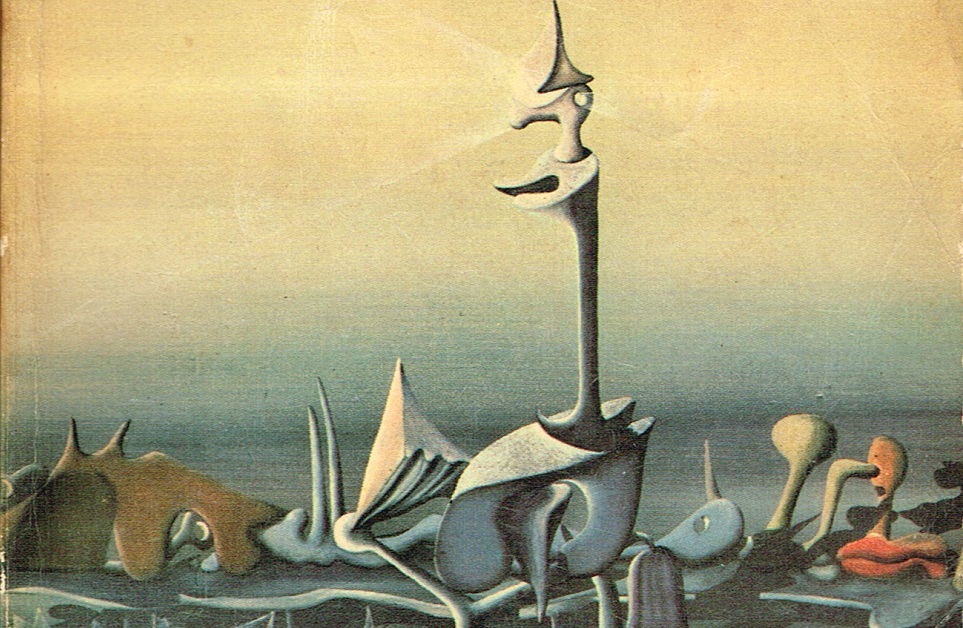
9) Mission of Gravity by Hal Clement
When people talk about this classic novel, they describe it as a pretty conventional adventure story in which aliens on a variable-gravity world help humans to retrieve a rocket that has crashed in an area that’s inaccessible due to high gravity, says Kij Johnson, author of At The Mouth of the River of Bees: Stories. But the novel’s actually “dominated by its statements about colonialism, and specifically what it says about paternalism and cultural self-definition.” It’s also an interesting book about gender, because everybody is described using the male pronoun, but we never really know what gender the aliens are, says Johnson, who also teaches at the Center for Study of Science Fiction.

10) How to Live Safely in a Science Fictional Universe by Charles Yu
This is usually described as being about time travel, or about a man searching for his missing father, says Spina with Harvard Library. But really, it’s about something much bigger: It’s about “about finding oneself and, with this knowledge, facing and engaging with life rather than trying to hide from it. The protagonist (also named Charles Yu) must face up to his decisions (or more precisely, the decisions of his future self) and move beyond them to a better understanding of himself and a chance at a real future.”
